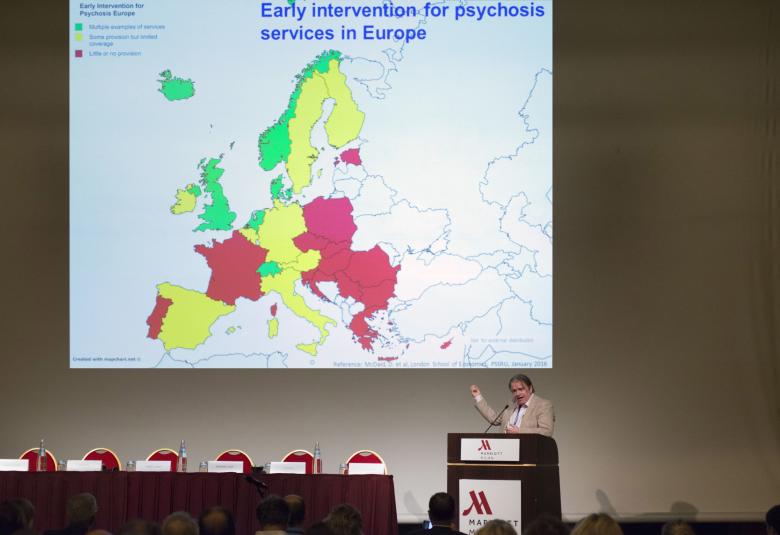Gut microbes influence brain function and behaviour through a variety of neural, endocrine and immune mechanisms — the microbiota–gut–brain axis. Professor Valerie Taylor of the University of Calgary highlighted results of research linking the gut microbiome to the pathophysiology of bipolar and mood disorders in a keynote presentation for ISBD 2020.
How do gut microbes affect the brain?
Microbial composition, immune activation, Vagus nerve signaling, tryptophan metabolism, and microbial metabolites are contributory factors to the effects of gut microbes on brain function and behaviour,1 explained Professor Taylor.
Gut microbes produce neurotransmitters and modulate neurotransmitter receptors2–4
Gut microbes produce neurotransmitters that modulate behavior including norepinephrine2 and serotonin,3 and modulate the expression of neurotransmitter receptors, including mu-opioid and cannabinoid receptors.4
Most research so far has been preclinical, said Professor Taylor, and it is not clear how to extrapolate the data to clinical care.
[For more on these mechanisms, click here]
Links between the gut microbiome and bipolar disorder
Gut microbiota of people with bipolar disorder differs from that of healthy controls7
Research results demonstrating preliminary signals linking the gut microbiome to bipolar disorder include the following:
- patients recently discharged following hospitalization for mania whose treatment included probiotic supplementation had a lower rate of rehospitalization5
- patients with bipolar disorder compared to healthy controls had:
- a significantly decreased fractional representation (p<0.001) of Faecalibacterium6
- significantly more of the phylum Actinobateria and class Coriobacteria7
- a negative correlation between microbial alpha‐diversity and illness duration7
Is depression communicable?
Depression is associated with decreased gut microbiota diversity
The role of the gut microbiome in a range of psychiatric disorders, including depression and anxiety, has become a major focus of scientific interest, for more click here.
Depression is associated with decreased gut microbiota richness and diversity, said Professor Taylor, and this may play a causal role in the development of depressive features:8
- fecal microbiota transplantation (FMT) that increases microbiota diversity improves depressive and anxiety symptoms9
- microbiota-depleted rats who receive FMT from people who have major depressive disorder (MDD) develop behavioral and physiologic features characteristic of depression, including anhedonia and anxiety-like behaviors, as well as alterations in tryptophan metabolism8
For more information on the microbiome and brain disorders, please click here
Our correspondent’s highlights from the symposium are meant as a fair representation of the scientific content presented. The views and opinions expressed on this page do not necessarily reflect those of Lundbeck.




